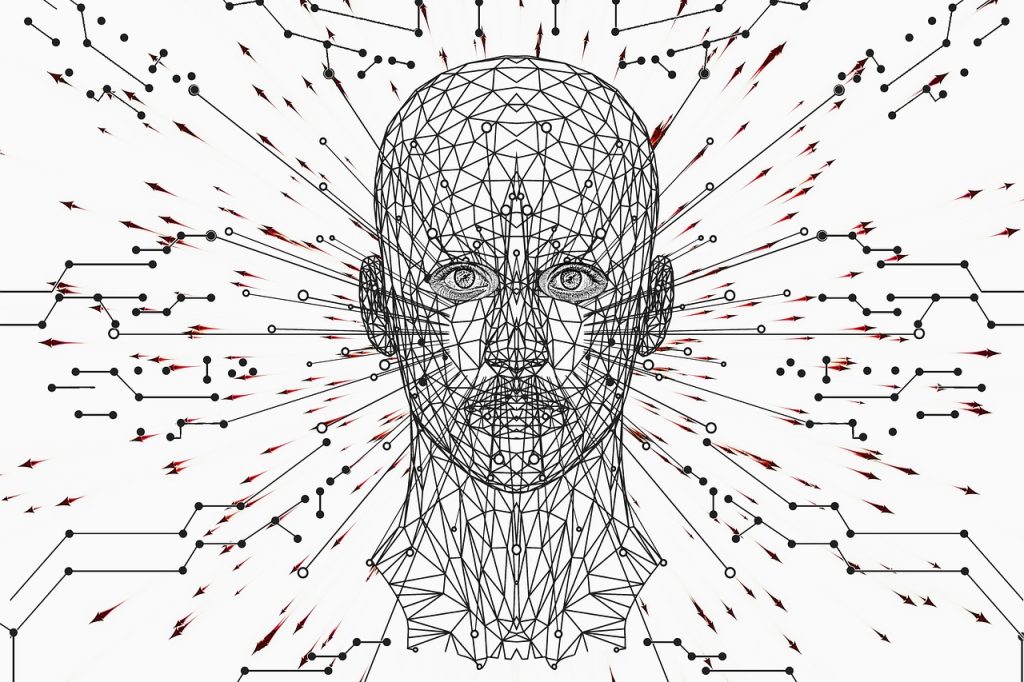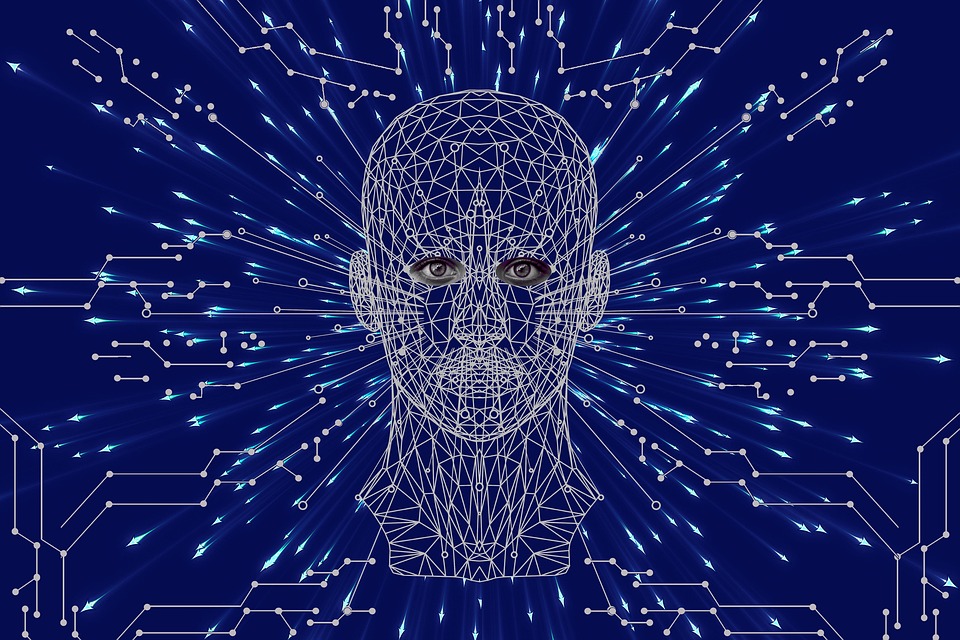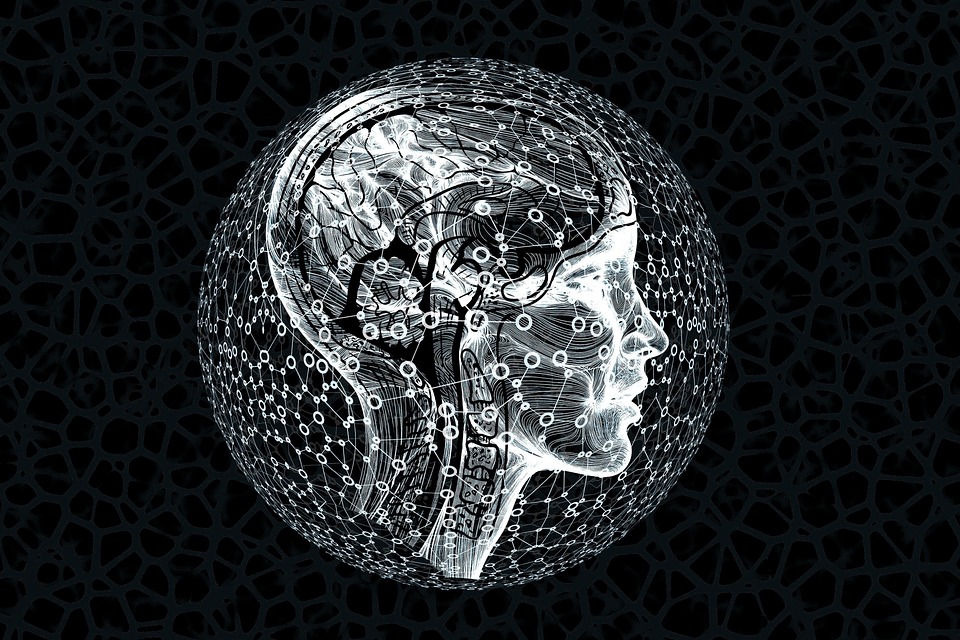
Artificial Intelligence (AI) has rapidly advanced in recent years, becoming an integral part of various industries, from healthcare to finance, entertainment to transportation.
As AI technology continues to shape our world, it brings with it profound ethical questions and moral dilemmas.
In 2025, we stand at a crossroads where we must consider not only the technical advancements of AI but also its potential consequences for humanity.
In this article, we will explore the ethics of AI and examine the key moral dilemmas that need to be navigated for a responsible AI-driven future.
1. Accountability and Responsibility in AI Decision-Making
As AI systems become more autonomous, a major ethical issue arises: who is responsible for the decisions made by AI? Autonomous vehicles, for instance, are designed to make real-time decisions, such as avoiding accidents or determining the best route.
However, when an AI makes a decision that leads to harm, it becomes difficult to assign blame. Should the creators of the AI be held accountable, or is the AI itself responsible for its actions?
Establishing accountability in AI decision-making is crucial to ensure that AI technologies are developed and used in ways that benefit society.
2. Bias and Discrimination in AI Algorithms
One of the most pressing ethical concerns surrounding AI is the risk of bias and discrimination. AI systems are only as good as the data they are trained on. If the data used to train AI models is biased.

3. Privacy and Data Protection
AI systems need large amounts of data to work properly. This creates serious concerns about privacy and data safety. Many systems collect personal details like browsing habits, location, and health records. They use this data to make predictions and give suggestions.
The big ethical question is: how can we enjoy the benefits of AI and still protect our personal data? To solve this, we need strong data protection laws. These laws can stop misuse and help build public trust. Without clear rules, people may feel unsafe sharing their data.
4. The Impact of AI on Employment and Job Displacement
AI can do many tasks that humans currently perform. Because of this, people worry about losing their jobs. Sectors like manufacturing, customer service, and even creative work may face disruption.
So, how should society respond? One idea is to introduce Universal Basic Income (UBI) to support those who lose their jobs. Another approach is to use AI as a tool that helps workers, not replaces them. The goal should be to create balance—let machines handle repetitive tasks while humans focus on creativity and critical thinking.
5. AI and Autonomy: Should Machines Have Rights?
As AI becomes smarter, people have started asking a strange but serious question: should machines have rights? If a machine can think, decide, or feel like a human, should we treat it differently?
This question touches deep moral areas—like what it means to be a person or to have feelings. Some AI systems already simulate emotions, but do they really feel them?
Before we give machines any rights, we must clearly understand their abilities and limits. Careful research and discussion will help decide what’s fair in the age of intelligent machines.
6. The Role of AI in Surveillance and Control
AI-powered surveillance technologies are becoming more widespread, with governments and corporations using them to monitor individuals and collect data on their behavior.
While AI-driven surveillance can be used for security and public safety, it also raises significant concerns about privacy, freedom, and government control. The ethical dilemma is how to balance the need for security with the right to privacy and individual freedoms. Striking the right balance between surveillance and personal rights will be one of the most critical issues in the coming years.
7. AI in Warfare: The Moral Implications of Autonomous Weapons
The use of AI in military applications, particularly in the form of autonomous weapons, raises serious ethical concerns. Autonomous drones, robots, and other weapons powered by AI could be used to make life-or-death decisions without human intervention.
The moral implications of allowing machines to take control of warfare are vast. Should AI be trusted to make decisions in combat situations, or is this a role that should always remain under human control? The development of autonomous weapons also raises questions about accountability in the event of civilian casualties or the misuse of AI in warfare.

8. The Need for Ethical AI Development and Governance
To navigate these moral dilemmas, there is a growing consensus that AI development must be guided by ethical principles and governance frameworks. Many experts advocate for the creation of international guidelines and regulations to ensure that
AI is developed responsibly and in a way that benefits society as a whole. Ethical AI development requires collaboration between governments, industries, and academic institutions to establish best practices, standards, and accountability mechanisms that promote fairness, transparency, and social good.
Conclusion
As artificial intelligence continues to evolve and play an increasingly prominent role in society, navigating the ethical challenges it presents will be critical.
The moral dilemmas of AI, from bias in algorithms to job displacement and the question of machine autonomy, require thoughtful consideration and responsible governance.
In 2025, it is essential that we develop AI technologies that are aligned with human values and ethical standards, ensuring that they are used to improve lives without compromising fundamental rights. By addressing these ethical concerns, we can harness the full potential of AI while safeguarding our shared humanity.





